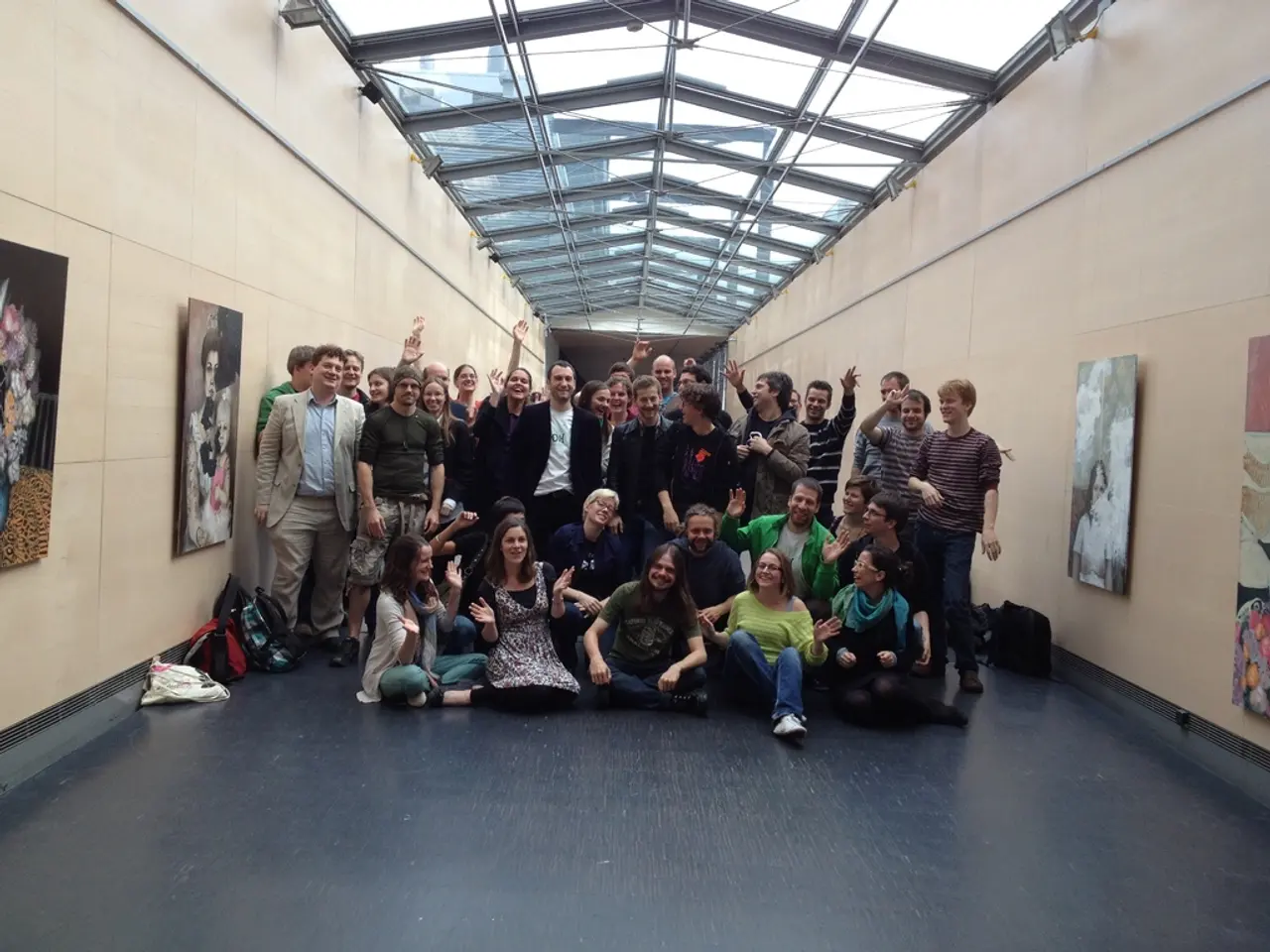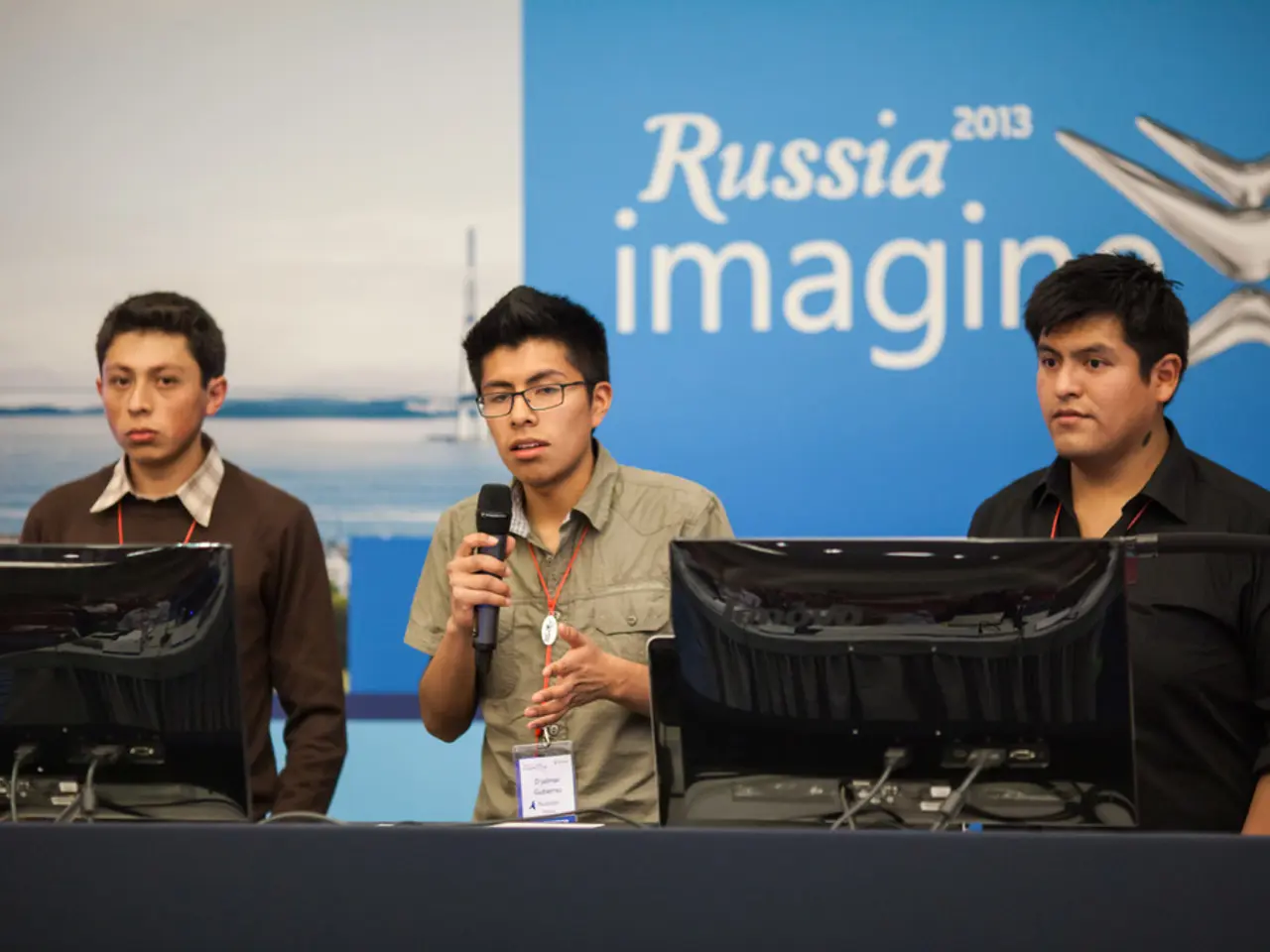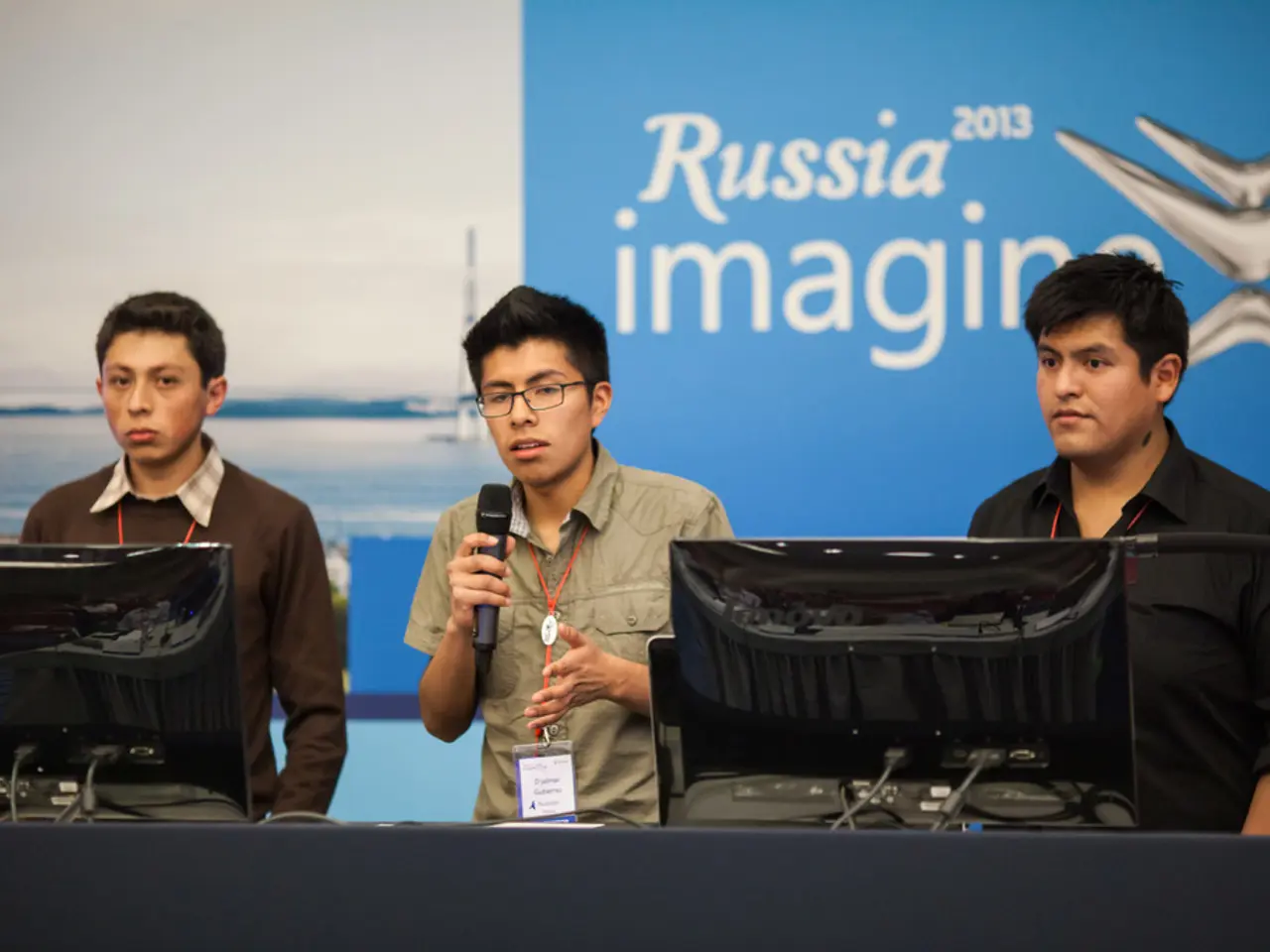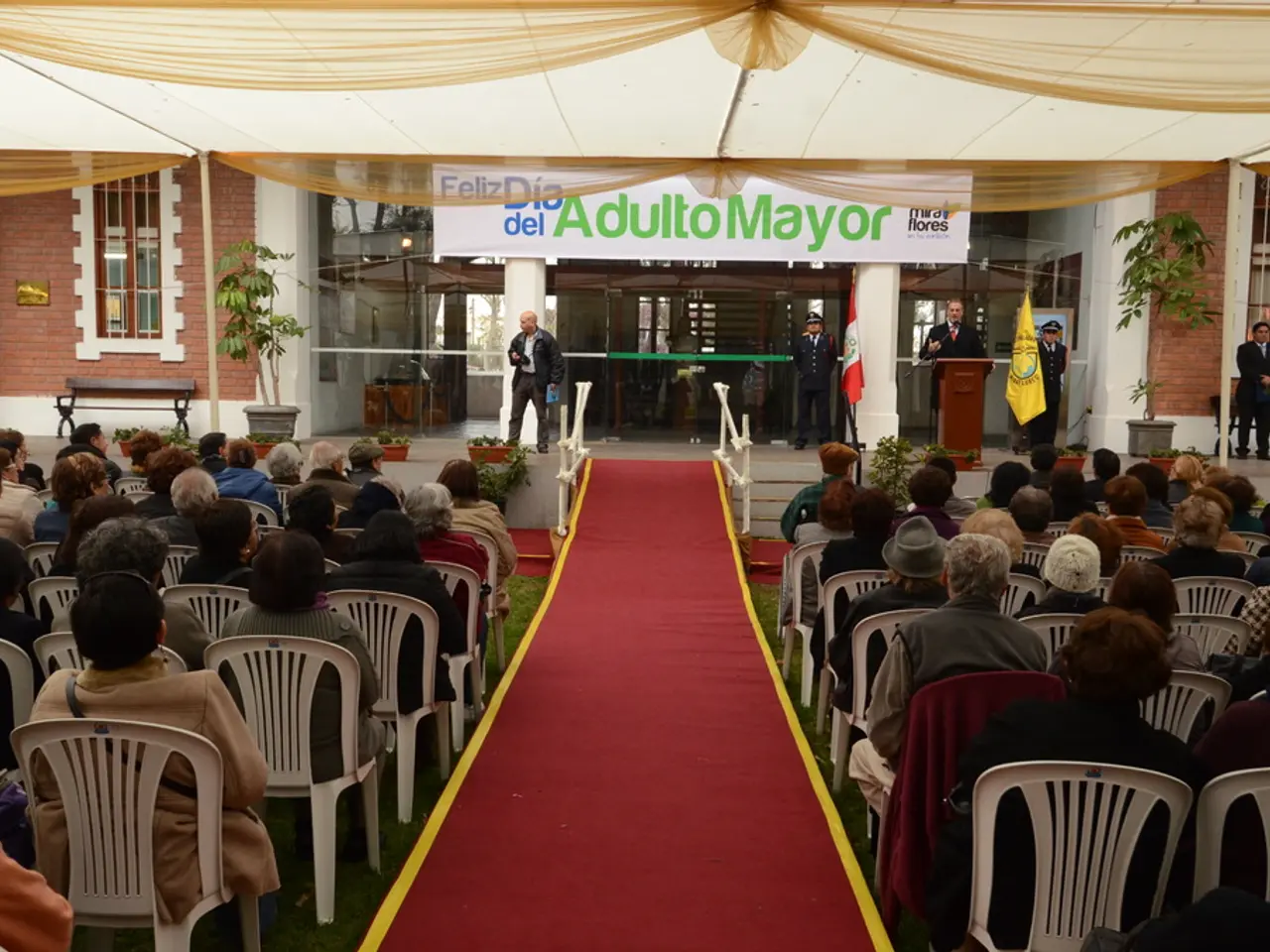Israelis Continue to Experience Severe Hunger...
Germany's response to the ongoing Israeli hostage crisis and the humanitarian crisis in Gaza has been a subject of global discussion, with many questioning the country's approach.
The plight of the two Israeli hostages, described as emaciated, sick, and gaunt, has triggered worldwide criticism, leading to an outcry in Germany. Chancellor Friedrich Merz, in response, has spoken of "intolerable conditions" in Gaza and the need to open humanitarian corridors. However, the Chancellor's outraged responses are limited to situations where cameras are present, raising concerns about selective outrage.
The Chancellor continues to maintain that one should not equate, compare, or relativize the situations. Yet, the diplomatic service openly states that the Chancellor is weighing his actions. This delicate balancing act is influenced by historical and political context, with Germany maintaining a unique historical responsibility towards Israel due to the Holocaust.
The diplomatic stance includes measures such as a partial arms embargo on Israel to signal disapproval of escalation without severing support entirely. This approach reflects a simultaneous concern for Israeli security and civilian suffering in Gaza.
Public outcry in Germany over the Israeli hostage crisis tends to be more immediate and emotive, while the humanitarian crisis in Gaza, although deeply concerning, is framed within a broader and more protracted conflict, making the diplomatic response more measured.
Germany's recent actions, such as the partial arms embargo and openness to possible EU sanctions, indicate growing dissatisfaction with Israeli military actions in Gaza and increased pressure to address the humanitarian crisis more forcefully. This suggests a potential narrowing of the disparity over time.
Meanwhile, in Gaza, approximately two million people are starving for months. The UN has been warning of a famine in Gaza since spring 2025. Aid deliveries, while ongoing, are considered inadequate, with Germany launching an air bridge to Gaza, delivering 5,000 tons of aid per week. However, this is considered a symbolic band-aid for a gaping wound according to UN standards, as the population of Gaza needs ten times as much aid.
A UN diplomat states that the systematic starvation of two million people in Gaza is more than a scandal - it is a crime. Hunger in Gaza has been systematic since Israel blockaded the Strip in response to a Hamas massacre in October 2023. The moral compass is perceived as pointing towards Tel Aviv and remaining silent in the direction of Rafah.
In conclusion, Germany’s differential response arises from the interplay of historical responsibility towards Israel, the immediacy and visibility of the hostage crisis, and a cautious diplomatic approach seeking to address both the Israeli security concerns and the humanitarian situation in Gaza. The ongoing discussions and actions suggest a potential shift in policy, with Germany increasingly pressuring Israel to address the humanitarian crisis in Gaza more forcefully.
[1] BBC News. (2025). Germany imposes partial arms embargo on Israel. [online] Available at: https://www.bbc.co.uk/news/world-middle-east-61697949
[2] Deutsche Welle. (2025). Germany's response to Israel-Gaza crisis: A delicate balancing act. [online] Available at: https://www.dw.com/en/germanys-response-to-israel-gaza-crisis-a-delicate-balancing-act/a-61700222
- The ongoing Israeli hostage crisis and the humanitarian crisis in Gaza, both falling under the umbrella of 'general news' and 'war-and-conflicts', have stirred global debates, with many political figures and societies, including Germany, grappling with their respective responses.
- Despite the Chancellor's stance against equating situations, the 'crime-and-justice' aspect of the issue has emerged, with a UN diplomat declaring the systematic starvation of two million people in Gaza as more than a scandal – it is a crime.








